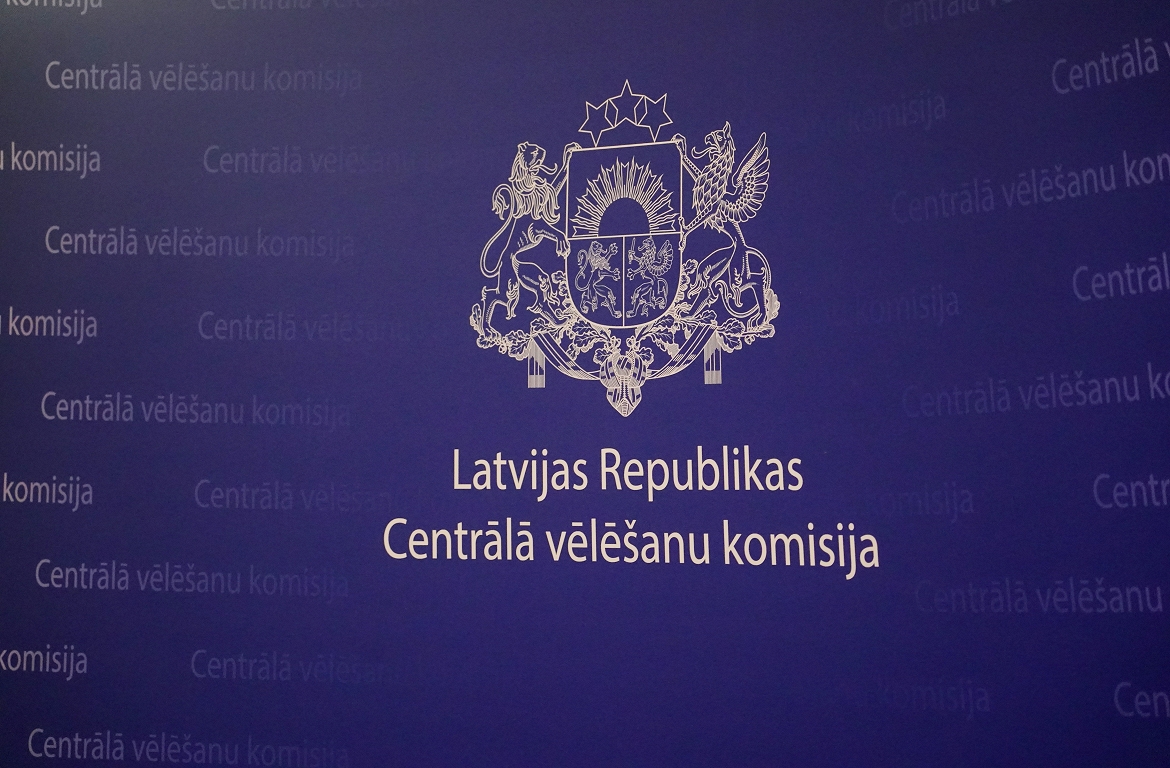The reform of the Prosecutor’s Office resolves one of Brussels’s great demands on the rule of law | Spain

« The Government (from Spain) has no powers to cease the Attorney General, but both of them end at the same time. This system has been criticized, among other reasons because the coincidence in the mandate can affect the perception of independence. » These two phrases appeared in The first report on the situation of the rule of law In its references to Spain that the European Commission began to elaborate in 2020. Then they have been repeated, written in a different way, In the four subsequent annual reports. Distiring the mandate of the Chief of the Prosecutor’s Office of the Parliamentary Legislature has, therefore, has been a constant claim to Madrid of the EU Executive to improve the functioning of the justice to which The government has responded five years later.
The reports on the situation of the rule of law in the EU and its member states had become a headache for the socialist government and popular opposition since its creation. In all, without fail, the alarm was given due to the lack of renewal of the General Council of the Judiciary (CGPJ), except last year, in which The commission echoed the agreement reached by the PSOE and the PP, with its mediation, just a few weeks before the document was published. The problem was not resolved and warned that Brussels would follow up. But the tone was another.
The blockade of the CGPJ overshadowed other demands that the commission has also repeatedly made Spain. And there highlights the claim to strengthen the independence of the Prosecutor’s Office by disconnecting the appointments of his boss of the arrival of a new government: “Continue to reinforce the statute of the Attorney General, in particular in regard to the separation of the mandates of the Attorney General and the Government, taking into account the European norms on independence and autonomy of the Prosecutor’s Office”, is the precise text that appears in the 2024 edition.
Last year’s demands were the creation of a mandatory public registry for lobists, the increase in “the efficiency in the processing of high -level corruption cases”, giving more independence and capacity to sanction to the Office of Conflicts of Interest and reviewing the Law of Official Secrets, “taking into account European norms on access to official documents.
The step that the Council of Ministers has begun on Tuesday when approved a draft law that contemplates the mandate of the State Attorney General will no longer coincide with that of the Government, but will be chosen for a period of five non -renewable years. In addition, the Executive will not be able to instructions to the Attorney General and the communications between the two parties will be public and must be carried out in writing.
However, what is approved by the Council of Ministers is a legal preliminary project that still has to pass more procedures: it must return again to the Council of Ministers and then pass through Parliament. All these steps assume that many months will still pass before the plans announced on Tuesday become law. In addition, reports on the rule of law actually analyze advances or setbacks in this field during the previous year. That is, the 2024 version examines what happened in 2023. Therefore, Brussels are likely to opt for a formula similar to the one employed this year with the CGPJ: references to the steps officially announced this Tuesday giving them some type of welcome, but with warnings that the evolution will be followed until it takes place.
The Report on the Rule of Law is one of the tools that the European Commission has deployed in recent years to evaluate the situation of democracy and EU values in the Member States. This document does not detach concrete sanctions for the breach, a section in which Viktor Orbán’s illiberal hungary always highlights and to which the Slovakia governed by Robert Fico governed last year. However, it points to the weak points of the countries and where the infringement procedures that Brussels open to force capitals to comply with community regulations can subsequently go.







/s3/static.nrc.nl/wp-content/uploads/2025/05/14095527/web-1005BUI_Assimi.jpg)
